Herbal tea at The Last Supper
By Xu Jingxi ( China Daily ) Updated: 2012-09-07 09:06:43"I was shocked to know there are people living in such darkness in a prosperous and bustling city such as Hong Kong, and to realize that these people could be so close to me," Cheng recalls.
"I wrote The Last Supper to expose the audience to the existence of these unhappy people and their miseries. I hope audiences can think about whether they should treat these people indifferently and if not, what can they do to help these people?"
The 40-year-old playwright, a contented father of two kids, used to write a lot of comedies but his recent works have focused on the topic of death.
"Society is restless. We are busy making money to keep our lives running. But can money protect us from all the pressures of life? I think we need to slow down our pace of life and think about the issue of life and death," he says.
As the playwright skillfully leads us into the mother and son's inner worlds through simple daily conversations, we began to understand why the two want to end their lives.
"The tragedy of suicide can't be prevented if a person neither has hope for his future nor the feeling of being cared by communicating with family," says the 23-year-old audience member Tan Lisheng, who sits next to me in the theater. He adds that he sympathized with the predicament of the protagonists as one of his own relatives killed himself.
Importantly, however, I think the communication problems between family members presented in The Last Supper struck a chord with the whole audience.
The mother is curious about her son's work and relationships, but he doesn't want to talk about his employment and relationship failures.
There are points when she reacts as if she has been scolded by her son for saying something, but even so she asks the same question again because she needs to know more.
As for the son, Chow, it is revealed that he regards his former boss as a father figure and feels that he has once again been abandoned.
"Many people think that interpersonal communication is accomplished when one asks, 'Have you had your meal?' and the other answers 'Yes'," says director Fong Chun-kit.
"However, communication requires much more effort. You need to put your heart into observing the person you are talking to and read between the lines.
"It's difficult to genuinely communicate, even in families. People in today's society are losing their communication abilities. For example, my friends will all bury their heads in their smart phones at a get-together, which makes me crazy."
While there were some humorous points in the play, mostly it provoked deep thought in the audience.
"The play is like herbal tea. It tastes bitter but you will feel better after drinking it," says Bobby Lau Shau-ching, the actor who plays Chow.
As for myself, comedies are like soda drinks, good for a laugh but not good for the soul. Other plays are wrapped up in complicated stage settings, glamorous clothes and poetic lines, just like a cocktail, making me feel good but not helping me understand life.
Herbal tea, in this case, is a remedy for life's difficulties.
Contact the writer at xujingxi@chinadaily.com.cn.
|
|
|
|
|
|
|
|
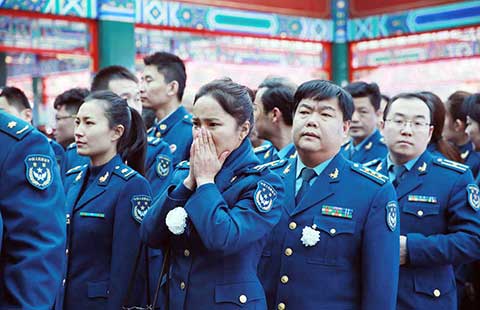
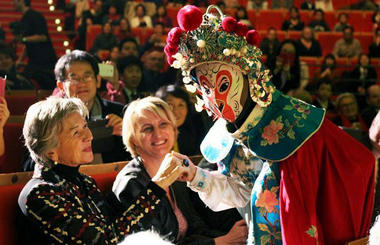
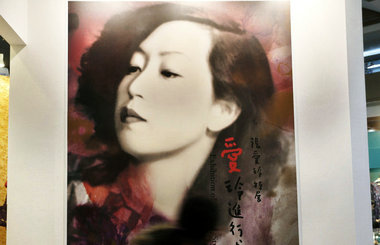




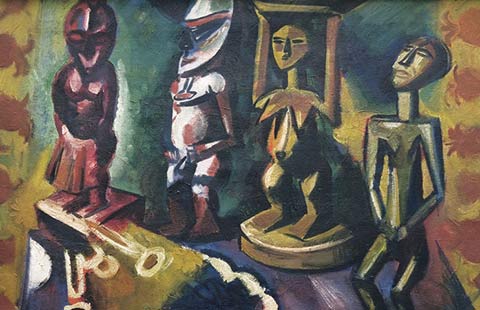
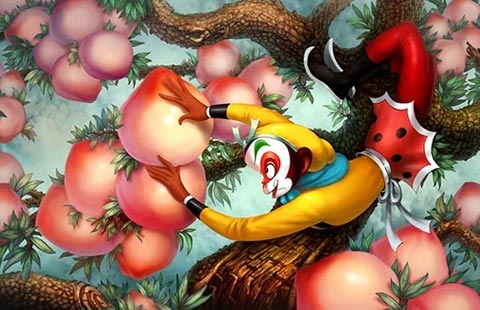
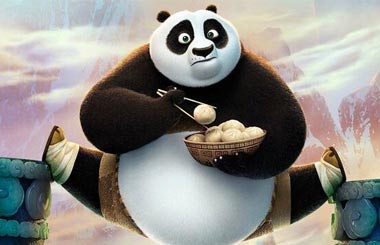




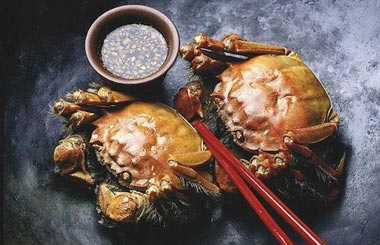
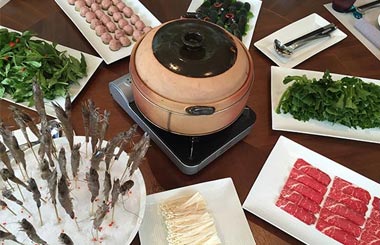





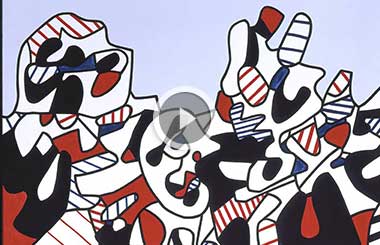
 Raymond Zhou:
Raymond Zhou: Pauline D Loh:
Pauline D Loh: Hot Pot
Hot Pot Eco China
Eco China China Dream
China Dream China Face
China Face






